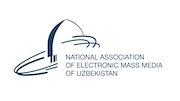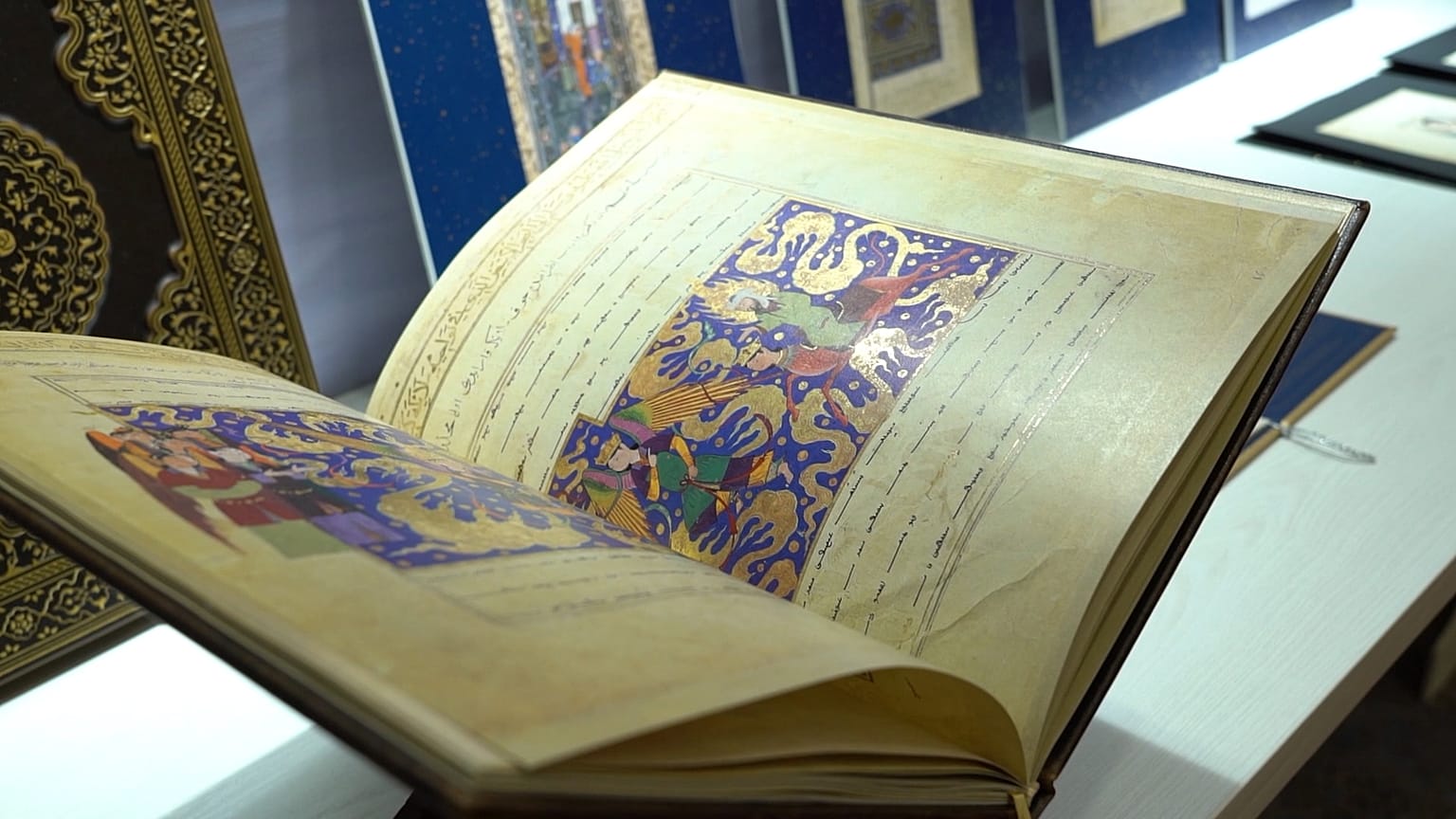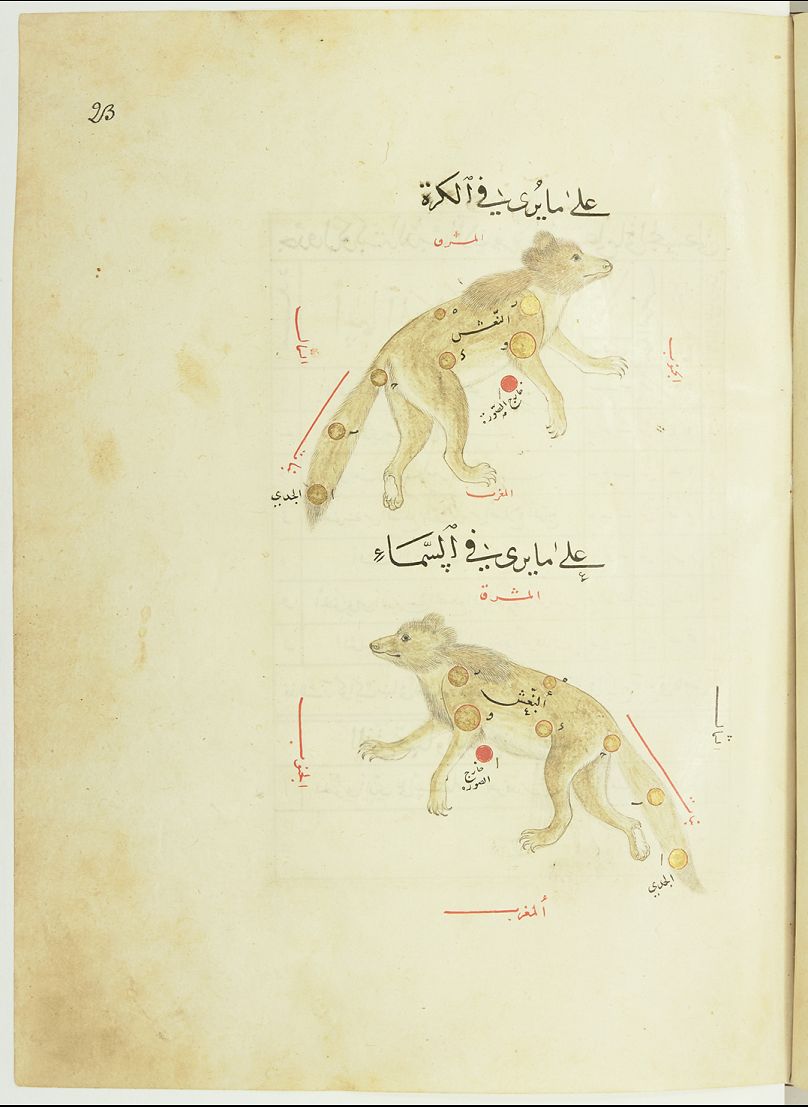The International Forum: 'Central Asia at the Crossroads of World Civilizations' in Uzbekistan brought together some of the world’s most renowned cultural experts. It was also part of the country's larger goal to preserve and promote the region's cultural and historical heritage.
Khiva in Uzbekistan is like a museum city full of impressive cultural sites just waiting to be discovered. In the Middle Ages, it was an important trading centre on the Great Silk Road. Nowadays its rich and preserved heritage makes the city one of Uzbekistan's most interesting modern places. As part of the country's cultural heritage week, an international forum called "Central Asia at the Crossroads of World Civilizations" was held there.
Scholars come together
Over 250 experts in Oriental Studies were present and almost as many joined online to discuss how to preserve and promote this region's shared culture and heritage.
Irina Popova, Director of the Institute of Oriental Manuscripts of the Russian Academy of Sciences, was at the forum and said that "a cultural component is becoming part of Uzbekistan's national idea right now." She explains that the country is going through a third renaissance, "a revival of the country in our modern era" and consequently the country is putting a lot of importance on culture.
Making Uzbekistan's cultural heritage accessible
For five years now, scholars of oriental studies have published books on Uzbekistan's rare manuscripts, archaeological artefacts and unique figurines that are scattered around the world in various museums, private collections and libraries. This project is called 'The Cultural Heritage of Uzbekistan in Collections of the World'. Its main purpose is to catalogue and bring together all of Uzbekistan's rich heritage.
According to Popova, there is no other project like this anywhere around the world at the moment. Other states have collected work and published them in books and online, but "nowhere has done this on quite the same scale as Uzbekistan."
Cataloging the past
This year, scientists created 15 new catalogues. So far a total of 50 volumes have already been published. They will be sent for free to libraries and educational institutions all across Uzbekistan. Firdavs Abdukhalikov is the Chairman of the Board of the World Society on the study, preservation and promotion of Cultural Legacy of Uzbekistan. He says that Uzbekistan needs these catalogues so that "young people will know their history, so they can build a new Uzbekistan". He also believes it will help develop tourism in the country and that it will help catalogue the Uzbek cultural heritage that is currently in museums and collections around the world.
One of the project's other focuses is to publish facsimiles of ancient manuscript masterpieces. Publisher, Mueller & Schindler, is helping to make these unique books accessible. This year, they are presenting "The Book of Fixed Stars", a famous 10th-century astronomy manuscript. A copy of it was made in the 15th century at the request of the ruler of the Timurid Empire, Ulugh Beg, who was an eminent astronomer and mathematician.
Charlotte Kramer, the president and owner of Mueller & Schindler, says that this copy is very exceptional because there are only three books that are specially dedicated to Ulugh Beg that were made during his reign.
This manuscript has never been mass reproduced as a facsimile before. The original is kept in France's National Library. Specialists have recreated all the features of the original edition, its size, print characters, paper, handwritten inscriptions and gold inlays with absolute precision.
During Cultural Heritage Week, Uzbekistan has shown that the country's culture is not only a source of national pride but it is also an important tool for inter-state communication.




















